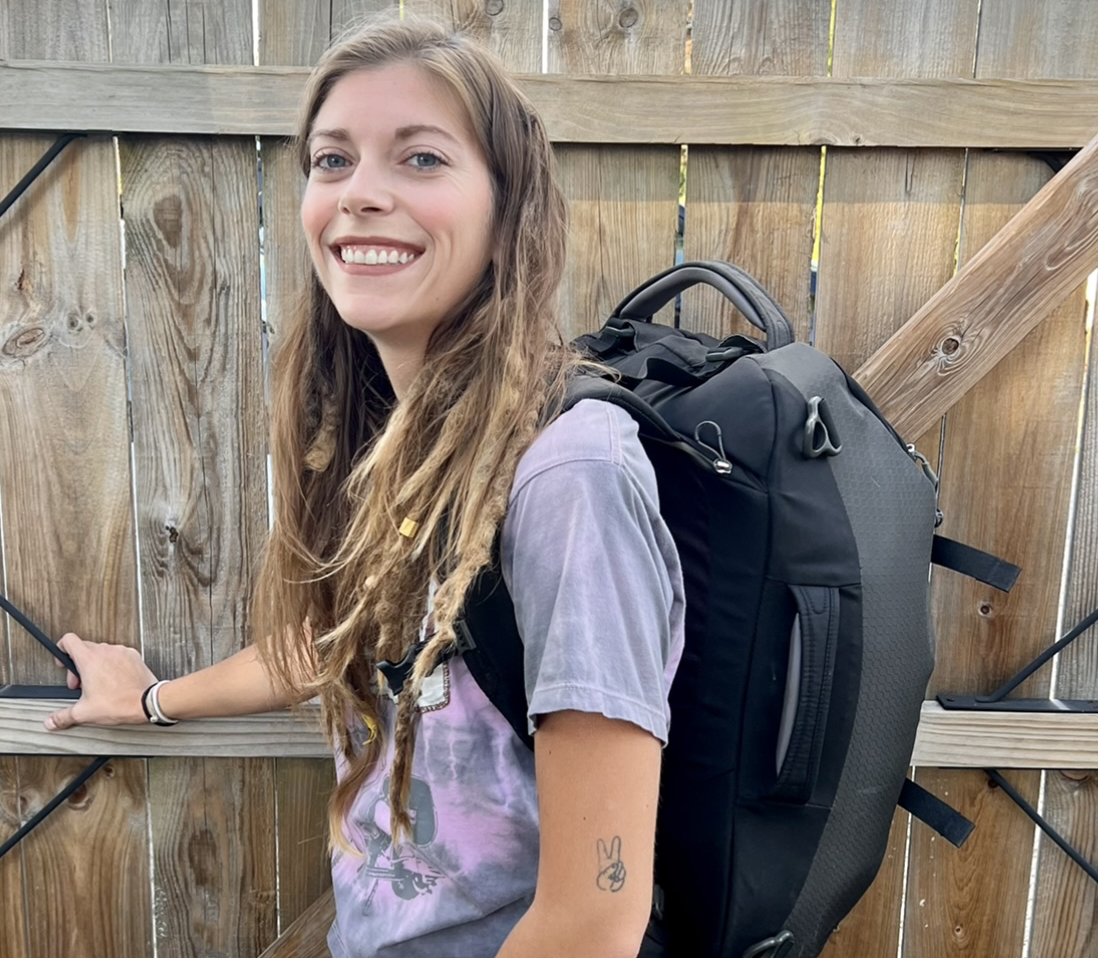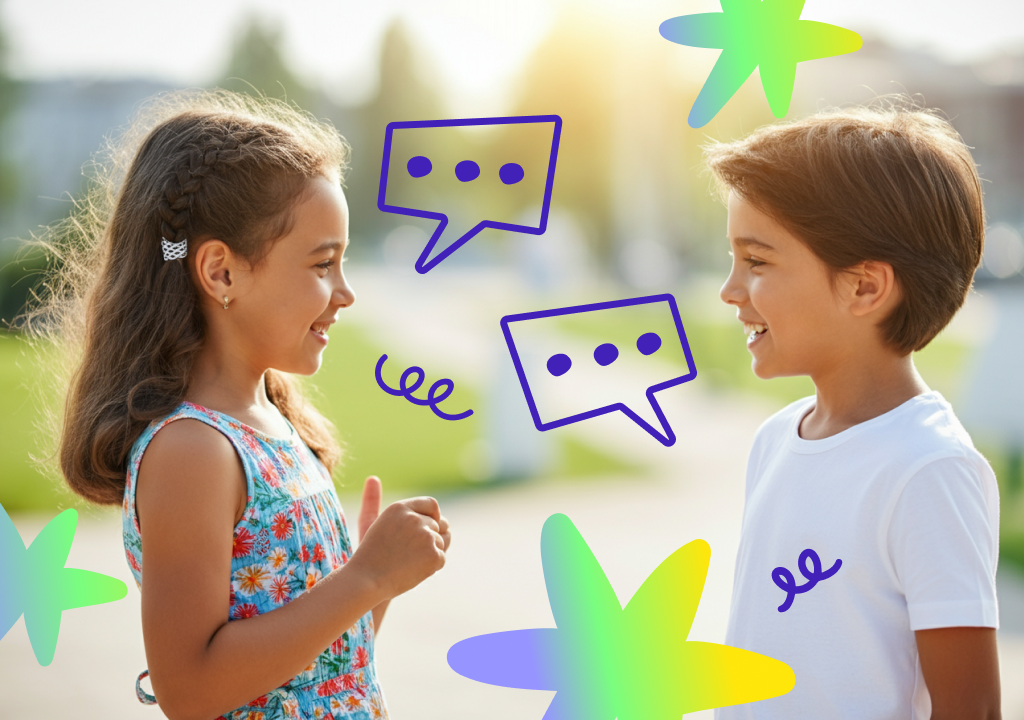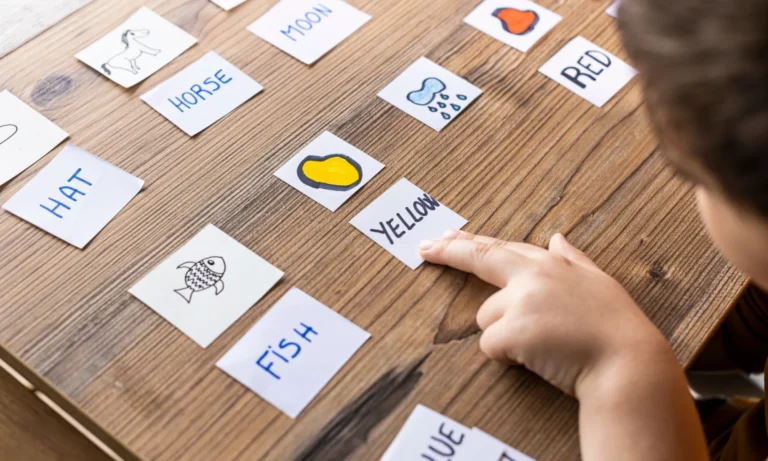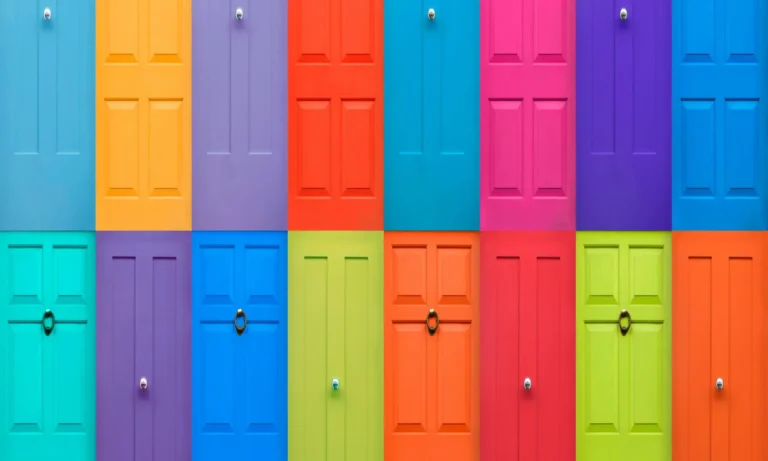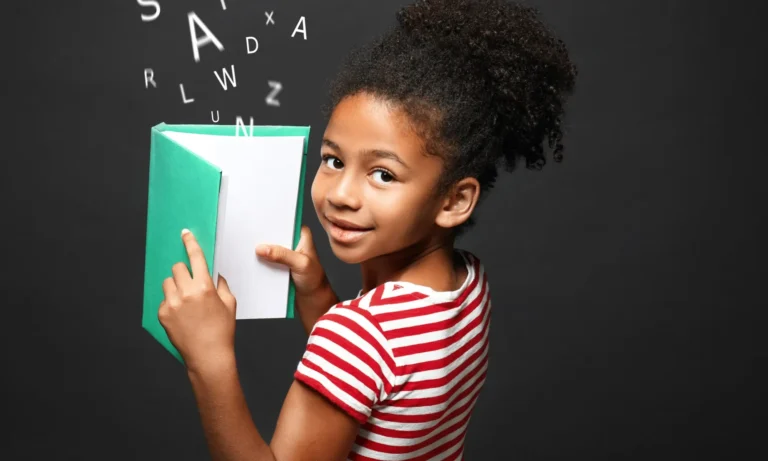Help a child learn English vocabulary words. Learn new words effectively. Memorize English new vocabulary and find effective ways to teach your child with Novakid.
How to Respond to “How are you?” Answer Like a Native English Speaker!
- How do you answer “How are you?”
- What Does “How Are You?” Really Mean?
- Simple and Natural Responses (Like a Native Speaker)
- How to Ask “How Are You?” in Different Ways
Ever been asked “How are you?” and felt your mind go blank, looking for an answer beyond “Fine, thanks”? If you’re an English learner, you know this greeting can sometimes feel like a mini-test, especially when you want to sound more natural and confident. It’s a small phrase, but knowing how to respond authentically can make a big difference in how you connect with native speakers and feel more comfortable in English conversations.
The truth is, “How are you?” isn’t always a literal question about your well-being. It’s often a social gesture, a way to initiate conversation or show politeness. Because of this, there’s a whole spectrum of appropriate replies, from pleasantries to more detailed updates, depending on the context and your relationship with the person asking. Sounds confusing? Don’t worry, you’re not alone, and Novakid is here to help!
How do you answer “How are you?”
Thankfully, you’re in luck, because this article is your guide to mastering how to reply for “How are you?” like a true native speaker. We’ll reveal that just as there are different ways of saying “How are you?”, there are also many nuanced responses. You’ll learn what to answer for “How are you?” in various situations, from keeping it simple and polite with a stranger to sharing a bit more with a friend. We’ll even explore some funny ways to respond to “How are you?” for when you want to add a bit of personality.
So, “how are you?” Are you ready?

What Does “How Are You?” Really Mean?
Now, before we talk about all the possible answers, let’s clear up a common confusion for English learners: What Does “How Are You?” Really Mean? It’s easy to think every question demands a detailed, literal answer, but this phrase functions quite differently in English.
In many everyday interactions, “How are you?” is primarily used as a greeting, not a deep question about your emotional or physical state. Think of it more like saying “Hello” or “Good morning.” People often say it out of politeness or as a quick way to initiate conversation, and they don’t necessarily expect a lengthy explanation.
Understanding this nuance is important, though, because your response will largely depend on the situation. In formal settings or with people you don’t know well (like a cashier, a new colleague, or someone you pass in the hallway), it’s almost always just a polite acknowledgement. In casual settings with friends or family, it can be a genuine wonder, opening the door for a more detailed conversation. Recognizing this difference will help you choose a good reply to “How are you?” every time.
Simple and Natural Responses (Like a Native Speaker)
Okay, so now that we understand the true meaning behind “How are you?” let’s get into the most common and natural ways native speakers respond. These are your go-to phrases for everyday situations, whether you’re genuinely fine or just want to keep the conversation flowing smoothly.
“I’m good, thanks. You?”
This is probably the most common response. It’s polite, positive, and bounces the question back to the other person.
“Doing well, how about you?”
Very similar to “I’m good,” but “doing well” can sound slightly more active. Again, you’re politely asking about them in return.
“Can’t complain!”
This is a friendly, idiomatic phrase that means “I’m doing fine, nothing bad to report.” It’s a bit more casual and adds a touch of personality.
Remember, when using these simple replies, tone and body language are just as important as the words themselves. A warm, pleasant tone, a slight smile, and making eye contact signal that you’re genuinely friendly and open to interaction.
Funny Responses to “How Are You?”
Sometimes, a little humor can make a greeting more memorable and personal, especially with people you know well. If you’re chatting with friends, close colleagues, or family, these playful replies can add a lighthearted touch to the conversation. Just remember: these are usually not for formal settings or strangers!
“Better now that you’re here!”
This is a slightly flattering response that suggests the other person’s presence genuinely brightens your day. It’s warm and friendly.
“Still breathing!”
A classic, sarcastic, and relatable reply that implies life is just continuing on, perhaps with a touch of playful exhaustion. It’s great for friends who appreciate a bit of dry humor.
“Living the dream… sort of.”
This one is witty. It hints that while things might not be perfect, you’re at least aiming high, and it opens the door for a shared laugh about life’s realities.
These responses work best when your tone is playful, and you have a relaxed smile or a twinkle in your eye. They’re perfect for building rapport and showing off a bit of your personality in English!
How do you reply to “How are you” like a native In Different Situations
At work or school: Keep it professional and positive. “I’m doing well, thank you,” is always a safe bet.
With friends: Feel free to be more casual! “Pretty good! You?” or “Not bad!” are perfect for friendly chats.
When you’re not okay: It’s fine to be honest, but keep it concise and polite. “Not the best day, but I’ll be fine,” tells them you’re managing without oversharing.
How to Ask “How Are You?” in Different Ways
As an ESL teacher, I can tell you that “How are you?” is a question I use in class every single day. To truly sound like a native speaker, it’s not just about how you answer it, but also how you ask it and navigate other common questions.
Variety is the spice of life, and that includes your greetings! Native speakers rarely use “How are you?” exclusively. Learning these alternatives will make your English sound more natural.
“How’s it going?” This is a very common and friendly way to ask, “How are you?” It’s versatile and can be used in most situations.
“How have you been?” Use this when you haven’t seen someone for a while. It implies a desire for a slightly longer update on what they’ve been doing since your last encounter.
“What’s up?” (and how to respond to it) This is highly casual, typically used among close friends or younger people. The most common responses are “Not much,” “Nothing,” or even just “Hey!” It’s rarely a literal question about current events.
How do you answer “Is English your native language?”
Finally, you might find yourself in situations where people are curious about your language background. Knowing how to clearly answer “Is English your native language?” is a useful skill. A simple, honest answer like “No, it’s not, but I’m learning!” or “No, I’m from [Your Country], so my native language is [Your Language],” followed by a positive comment about learning English, is usually best.
By finally understanding these conversational patterns, you’ll feel even more confident when trying to answer ‘how are you?’. And remember, the best way to practice and get real-time feedback is through live conversation, such as a trial lesson with Novakid! Put what you’ve learned into practice and book an online trial lesson with Novakid to practice your English with expert teachers!
Many people believe that learning English is impossible without an aspect such as reading, i.e. mastering communication skills is just for fun. But as soon as parents start learning letters with children, the learning is immediately reorganised more seriously.
Check out these best Easter activities for kids. Spend Easter with fun Easter crafts that will keep your toddler engaged. From egg hunt to popular Easter games.
In childhood the world seems especially colourful with a variety of different shades. In language learning the topic of colours is usually one of the first to study because it helps us to know more about the world around us.
Many parents believe that learning the English alphabet with their children is a boring and tedious activity. And this is true if you try to remember English sounds and letters using it printed on a piece of paper and accompanied with English transcription, or even if the native language transcription is written next to the English alphabet.
With the FIFA World Cup in full swing, Novakid Online English School explains how the star players communicate with each other. And there's a free football dictionary for you! Click on the link!
